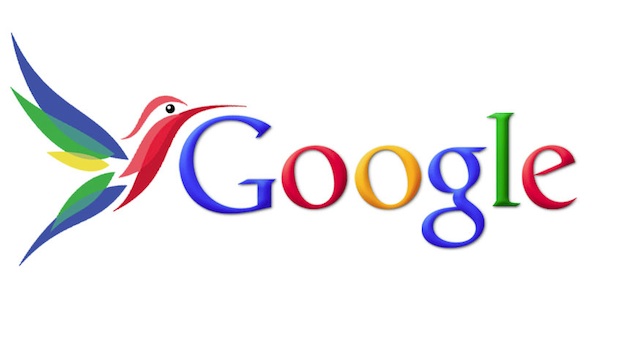No more low quality content, keyword stuffing and other unethical SEO practices! Well, at least that’s what 2013 SEO changes were aiming to achieve.
The purpose of website Search Engine Optimization is ultimately to get you more sales. However, in every business, before you gain profit, you need to make sure that you put your customers’ needs first. This is common knowledge among entrepreneurs and this was the thrust of SEO changes in 2013. Some of these changes devastated businesses that had previously relied on less ethical and real- connection methods of getting their websites ranked highly.
Thanks to the below changes in search engine optimisation techniques over the past 12 months, it’s a new era for SEO:
- Panda and Penguin: Google’s Tag Team for Fighting SPAM
In March 2013, Google declared that it would no longer announce “spam-fighter” Panda updates. But in May 2013, Google announced the “Panda Dance” – monthly Panda updates rolled out over a ten-day period. The unannounced updates made it more difficult to tell if one has been affected by Panda. This meant that those producing low quality content couldn’t work out how to ‘cheat the system’ again.

Google’s fourth and fifth Penguin update took its penalisation of various linking schemes deeper into websites by addressing more types of links. This forced site owners to put in links with value instead of links with the sole purpose of inflating the business’ rankings.When more SPAM is filtered out, users and your search engine optimisation specialist will benefit because – when your site is actually truly connecting with people – your site will rank higher, making it easier to find. This will, in turn, bring in more sales.
- Hummingbird
The Panda and Penguin brought several smart updates to how Google search ranks the most relevant results. These days, Google search receives more complicated queries because of an increase of young users who are untrained to search using keywords. Voice search has also increased. These developments brought about the Hummingbird algorithm which worked out how to use complete sentences in Google searches to return most relevant search results instead of using keywords.

It’s not all about keywords anymore. With the Hummingbird, a search engine optimisation consultant starts to think about long tail queries and how a user interacts with a webpage. - Social signals have significant impact
When the Hummingbird came out in September 2013, social signals were expected to have more of an impact on Google rankings. Studies have proven that increasing engagement via Twitter can help increase search rankings. When it comes to organic rankings on Google’s search engine however, Google Plus is believed to have the highest influence.For this reason, your search engine optimisation specialist may advise you to have a G+ page. It would also help to have a Facebook presence so that you can share and users can comment about your products or site. Pinterest posts also have significant impact on your search engine marketing.
- The introduction of “in-depth” articles in search results
This was developed because Google found that up to 10% of all users’ daily information needs involve learning about a broad topic. These results are ranked algorithmically based on several signals that search for high quality, in-depth content.Google reserves this block for content from the largest news outlets like the New York Times.
- Google authorship was reduced but has gained more importance
In December 2013, authorship in Google search results became restricted. According to Matt Cutts, head of Google’s Webspam team, they tested the reduction in the amount of authorship snippets shown in search results and found that when they reduced them by approximately 15%, “quality went up.” - Google made all organic keyword information private
Since September 23, 2013, business owners have lost the ability to get keyword data from users who visit their sites through Google search. How does this benefit your business? It encourages site owners to publish more quality content. It also encourages more use of social media and more paid search advertising – a powerful tool for every business owner. - Hyperlinks have become user-focused
Hyperlinks are no longer just used for SEO. It is now more about giving the user a more satisfying experience. Emphasis is placed on linking anchor text in your on-page content to high-quality off-page content. - The importance of mobile traffic
As of April 2013, comScore reports that over 50% of US internet users accessed the web through a desktop and a mobile device.Google announced in June 2013 that mobile-friendly websites would have higher search rankings and proceeded to publish guidelines on how to create mobile-friendly websites. Google’s objective is to enable users to find information they need on any device that they will use.
Mobile users often want to get information the moment they search for something through their device. You need to consider hiring a search engine optimisation consultant who will help you deliver information to mobile users up front.
At the end of the day, all the changes to Google search in 2013 have been about promoting those websites who create a truly valuable and helpful user experience. This can take more time and effort – if you want to be sure that you always have excellent-quality content, you need to hire a company that offers search engine optimisation services like Complete Cloud today. We have seasoned professionals who can help you with all your SEO needs.
For updates join us at Google+



